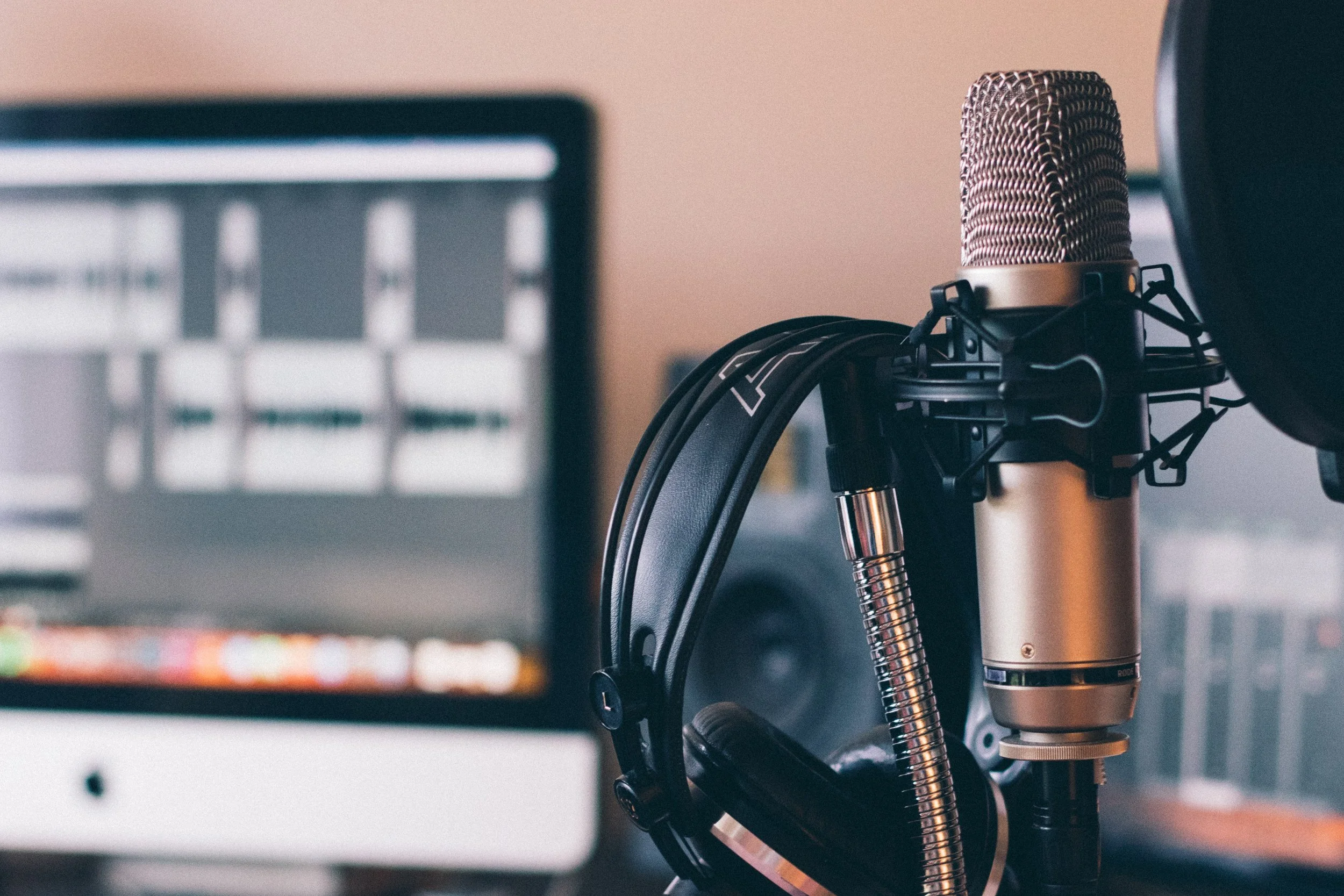10 Tips On How Turn Your Office Into A Recording Studio
If you're a musician, you know that having a home studio is a great way to get creative and produce music on your own terms. But what if you don't have the space (or the budget) for a dedicated studio?
Don't worry - with a little creativity and some inexpensive gear; you can easily turn your office into a recording studio!
Here Are A Few Tips To Get You Started:
1. Find the right location for your desk and equipment.
You'll want to avoid any areas of your office that are prone to echo or excessive ambient noise. If possible, try to set up near a window - this will help reduce reflections from hard surfaces.
2. Invest in sound-damping materials.
To further reduce reflections and ambient noise, consider covering hard surfaces with sound-damping materials like acoustic foam or carpet. You can also hang curtains or blankets around your recording area to help absorb sound.
3. Use a good microphone.
Investing in a quality microphone and a 12g-sdi over fiber unit can make a big difference in the quality of your recordings. If you're on a budget, consider a USB microphone that can plug directly into your computer.
4. Choose the right recording software.
There are many different software options available for recording music. Do some research and find the one that's right for you and your needs.
5. Make sure you have adequate lighting.
Good lighting is important for both recording and mixing. Avoid fluorescent lights, which can produce a "flickering" effect on your recordings. Instead, opt for softer, incandescent lighting.
6. Take regular breaks.
Working in a confined space can be fatiguing, so make sure to take breaks often. For example, get up and move around, stretch, or take a quick walk outside to clear your head.
7. Invest in comfortable furniture.
You'll be spending a lot of time in your home studio, so it is important to have comfortable furniture that you enjoy working in. Don't skimp on your chair - a good quality office chair will help reduce fatigue and improve your posture while working.
8. Keep your studio clean and organized.
A cluttered workspace can be distracting and make it difficult to find things when you need them. Take some time each week to tidy up and keep your studio organized.
9. Make sure your computer is up to the task.
Recording and editing audio files can be resource-intensive, so it is important to have a computer that can handle the demands of your home studio. If you're using an older computer, consider upgrading to a newer model with more RAM and processor speed.
10. Consider acoustical treatments.
If you're serious about recording quality audio, you may want to invest in acoustical treatments like sound panels or bass traps. These can help improve the sound of your recordings by absorbing excess noise and reflections.
Final Thoughts
With these tips, you can easily turn your office into a recording studio - and produce high-quality music on your own terms!











So, what do you need to know about how to choose a real estate agent, and how do you go about finding the perfect person for your property search?